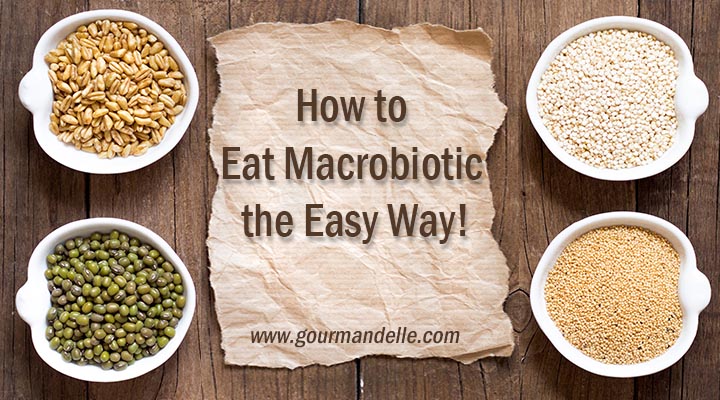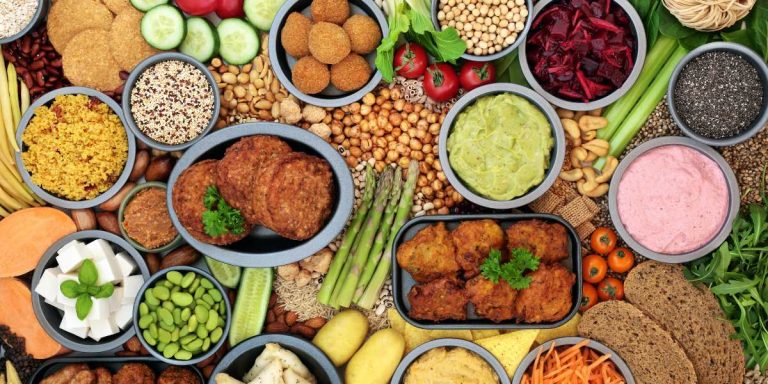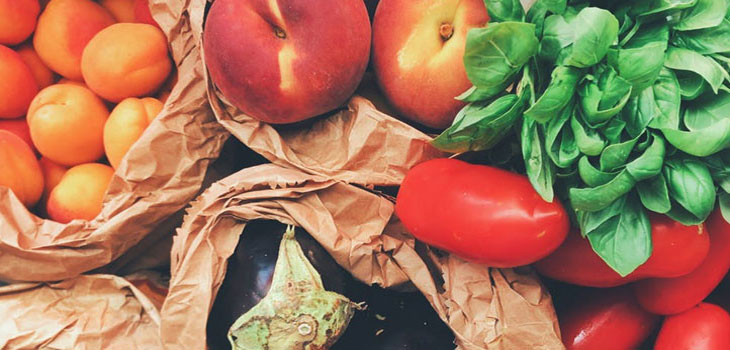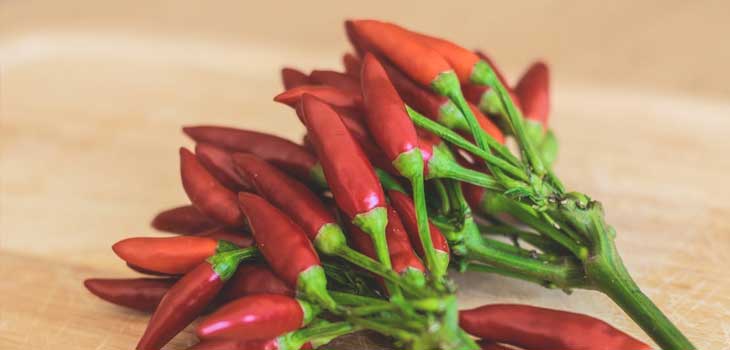How to Still Get Adequate Protein On a Vegetarian Diet
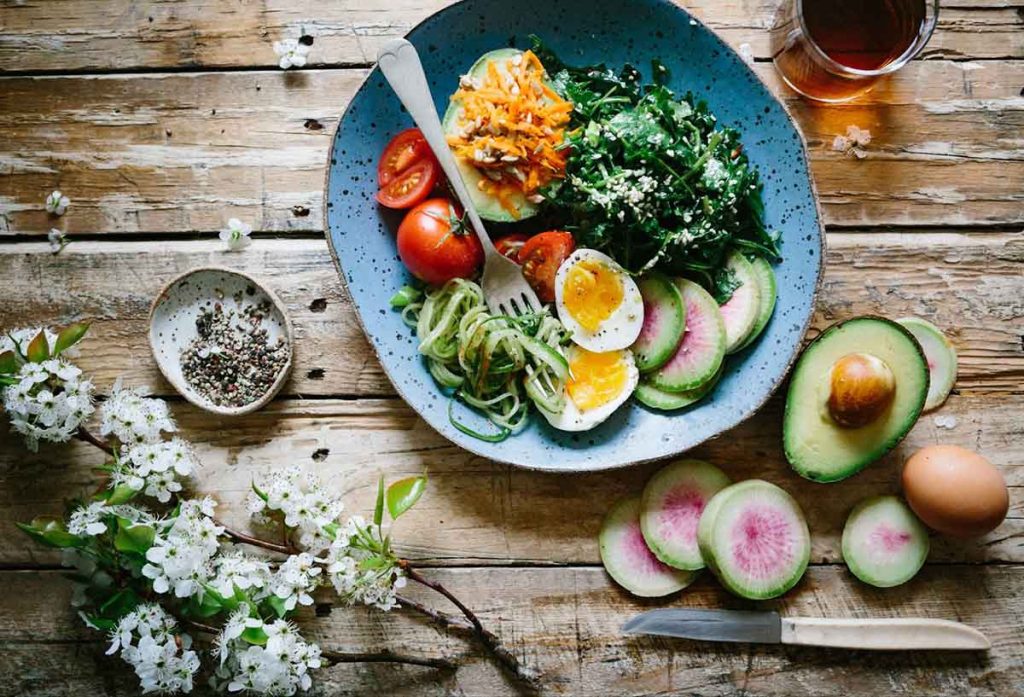
Vegetarian and vegan diets have only increased in popularity in recent years, with plant-based options appearing on menus all over the world. But one issue facing those that want to adopt this diet is getting all the right nutrients and protein from good sources. While many think that it’s impossible to get enough protein with a vegetarian diet, it is a lot easier than those on a vegan diet. Let’s have a look at the best strategies for getting protein if you’re vegetarian.
Include Egg Dishes to Improve Protein Intake
The best way you can increase your protein intake is to eat eggs, these are by far the most nutrient-dense and protein-rich components of the vegetarian diet and should be a staple. Unlike single vegetable sources, eggs provide a complete array of amino acids that your body needs to rebuild and recover. If you want to stick to vegetables you will have to mix different plant sources to achieve the complete amino profile present in animal proteins which is why eggs play such an important role in the vegetarians’ arsenal.
Another great advantage is the versatility of eggs, they can be eaten in multiple different ways which means they’re suitable for all tastes. Whether you prefer scrambled, boiled, baked or fried, these egg dishes can be changed depending on what you feel like. I would recommend incorporating omelettes into your breakfasts, keeping some hard-boiled duck eggs aside for snacking or even including raw eggs in protein shakes if you want that extra boost. There is no reason why you shouldn’t incorporate these morsels of nutrition into your diet.
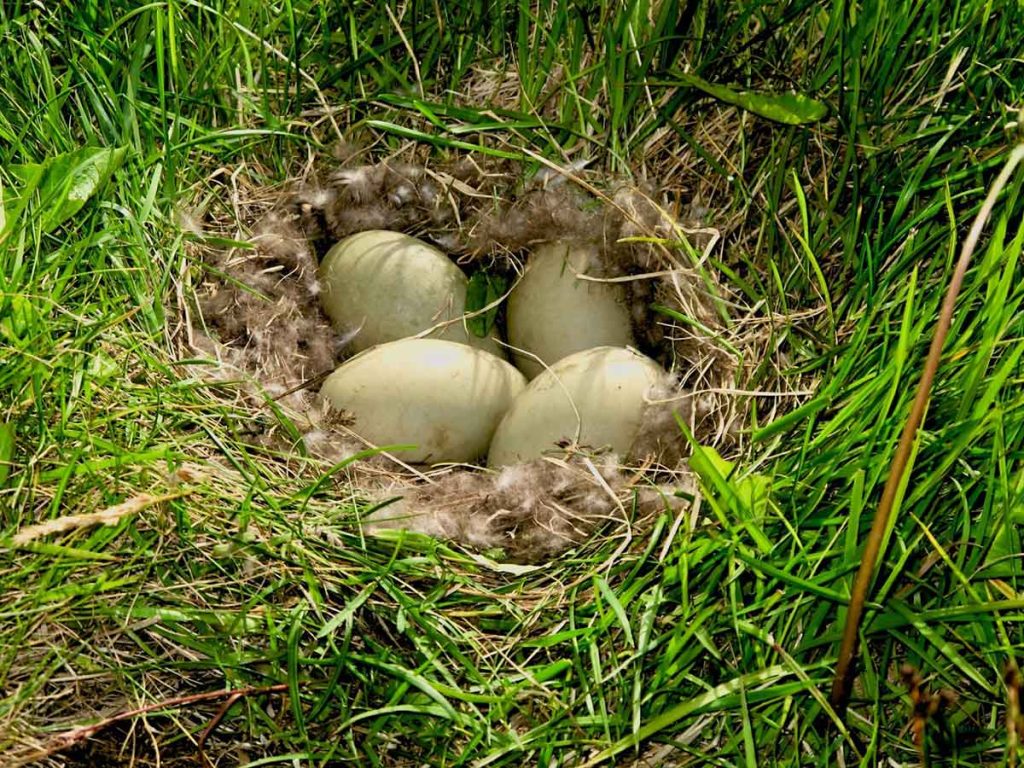
Eat Plant-Based Sources of Protein
The other way to increase protein intake is to try and mix up the plant sources you eat. Many vegetables such as quinoa, tofu, tempeh and lentils are all excellent sources of protein. For those on a vegan diet, it’s even more important to make sure that you are eating enough protein from these varied sources and do so consistently to meet your goals. Let’s look at some popular plant-based sources.
Legumes, Nuts, and Seeds
Legumes, nuts, and seeds are all solid sources of protein that offer a range of health benefits in addition due to their vitamin and mineral content. While vegetarians will benefit from these sources they can also be utilised in vegan or even for omnivores looking to mix it up throughout the day. If you snack on high-protein nuts like almonds or walnuts you’ll be surprised how much they add up to your total daily intake. Legumes are also great to include in your meals, things like black beans have very high levels of protein and can be eaten with rice.
Quinoa, Buckwheat, Oats, and Amaranth
Also incorporating grains like quinoa, buckwheat, oats, and amaranth are higher protein sources that are not as popular but quite healthy. These lesser-known grains are packed with protein and offer a variety of unique flavours and textures to your meals. The one that stands out though, is quinoa as it contains all amino acids and is a complete protein source. Buckwheat is another good option as it is very high in lysine which can be rather redundant in many other grain sources.
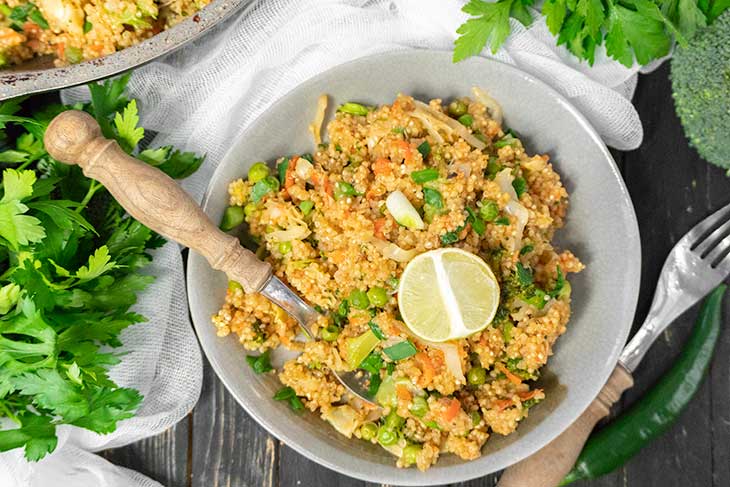
Tofu and Tempeh
If you’re looking to substitute portions of meat during your plant-based approach you can use plant-based meat substitutes like tofu or tempeh to the mix. These alternatives not only provide the necessary nutrition required for a balanced diet but are also super versatile. Most sources are rather high in protein but they also vary in texture and size. This means you can use them in almost any situation, from stir-fries to sandwiches, there are an endless array of options available.
Consume High-Protein Dairy Products
For those not in the lactose intolerant camp there are many dairy options that are high in protein. In fact, during the Golden Era of bodybuilding many of the athletes such as Arnold Schwarzenegger were known to eat cottage cheese with their meals. Aside from this you also have Greek yogurt which is a great source of protein, calcium and probiotics that can do everything from improving digestion and supporting healthy bones. You can also eat other forms of dairy if you want to increase your fat intake, or if you do happen to have issues with lactose, try some dairy-free protein powder options.
Conclusion
So if you’re vegetarian or vegan and looking for delicious ways to get your protein, then you have a variety of options, especially in this day and age. Everything from grains to plant-based proteins like tofu and tempeh, to high-protein dairy products. There are plenty of ways to create nutritious meals to hit that protein intake. So start getting creative today and creating the most tantalising meals for you, remember, the more enjoyable your diet the more likely you’ll stick it out.
If you make this, please leave a review and rating if you liked this recipe! ★★★★★

